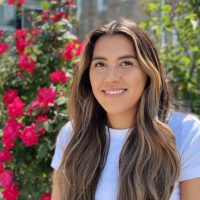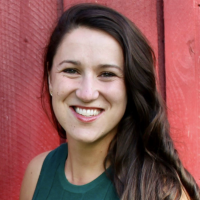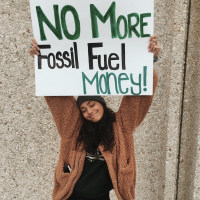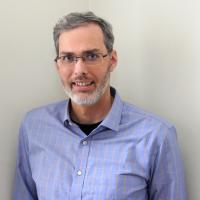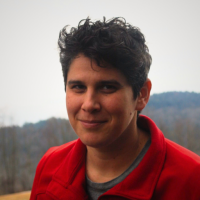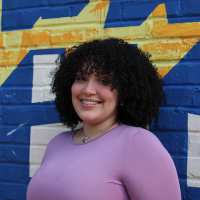A community of over 3,700 climate advocates, organizers, field and academic researchers, and data specialists.
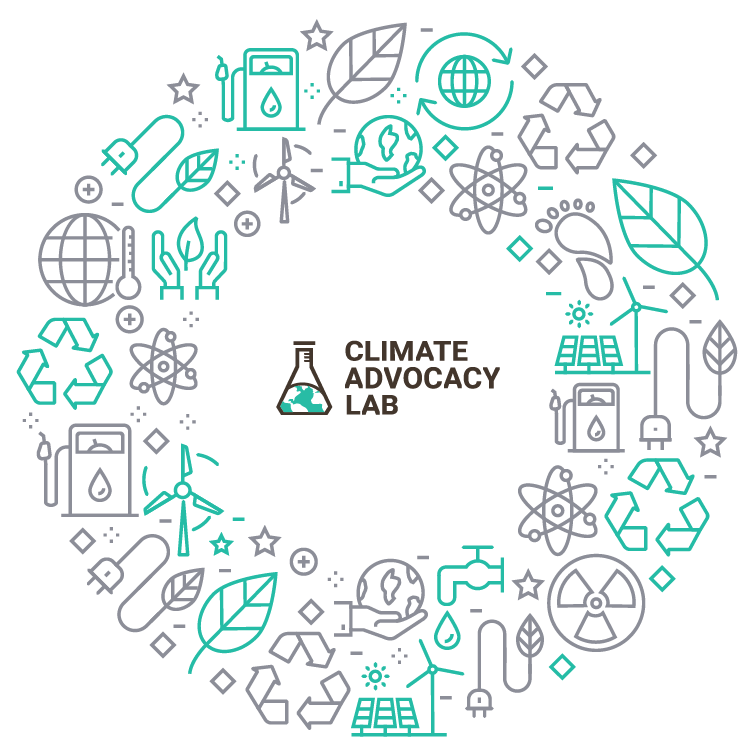
The vast majority of Americans care about the effects of climate change, but something is keeping them from taking action.
The Climate Advocacy Lab was created to help solve this problem …and it’s working.
Every day, thousands of advocates and organizers across the country work to reduce climate pollution and expand clean energy opportunities for healthier, thriving communities and a vibrant, climate-stable world. But, we are living in the most hostile political environment ever to climate action. We don’t have the time or money to waste on tactics that fail, or worse, that backfire. Policy- and decisionmakers won’t take meaningful action until they feel significant pressure from their constituents.
Enter the Climate Advocacy Lab. We use evidence, including social science research, data and analytics, field experiments, case studies, and campaign lessons learned to help climate advocates in every part of the U.S. run smarter public engagement campaigns. We raise the sophistication of the field and the appetite for evidence-informed decisions.
How we do it
The Lab helps climate and clean energy advocates, organizers, funders, social scientists, data experts, and others save time, money, and energy by centralizing and transferring knowledge created by the climate community. The Lab provides:

The ongoing, free state of the art tools and training our movement needs
Access to the rigor of testing and evaluation expertise to ensure our work is achieving intended impacts
A central platform that provides free access to the latest movement insights and learnings on what’s working – and what’s not
Movement connectivity across a network of 3,000+ climate “practitioners” in all 50 states working to build durable political power for lasting climate action.
For more information, download this summary.
History
Originally incubated at the Skoll Global Threats Fund, the Climate Advocacy Lab is now an independent project supported by the Skoll Foundation, the McKnight Foundation, the William & Flora Hewlett Foundation, the George Gund Foundation, Barr Foundation and others.
Reach us at info@climateadvocacylab.org.
Our Team
Outside of work, I have two cats and many houseplants that require my undivided attention. I also enjoy reading, spending quality time with my family and friends, and exploring trails and national parks.
Our Advisory Board

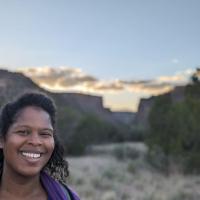
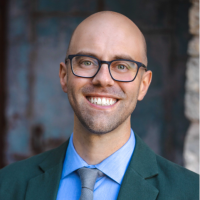

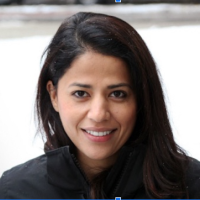
She oversees the development and distribution of resources on nonviolent action and conducts workshops on strategic planning for human rights organizations, universities, and governments, and for individuals and groups struggling for diverse objectives including to oppose dictatorship, combat corruption, attain political rights, economic justice, environmental protection, and women’s empowerment.
She is currently a Director’s Fellow at the MIT Media Lab, where she is exploring how innovations in technology and education, among other fields, can contribute to greater effectiveness in the study and application of nonviolent struggle. Her work includes the development of a curriculum intended to help groups prepare wise strategic plans to conduct struggles for the defense and attainment of their civil and political rights.
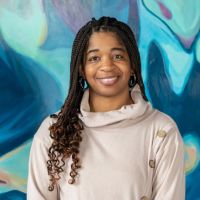
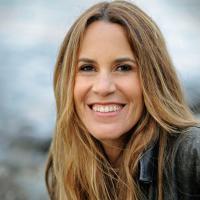
Lisa has led issue advocacy campaigns in the environmental and labor movements for over three decades with organizations including the BlueGreen Alliance, the national AFL-CIO, SEIU’s Justice for Janitors campaign, and Greenpeace. As Political Director of a large urban Labor Council, Lisa ran coordinated electoral campaigns to elect progressive local, state, and federal candidates.
She lives with her husband and two teenage boys in San Francisco.
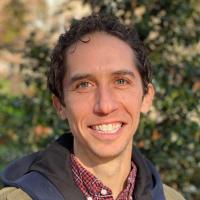
Michael's research focuses on the impacts of repressive technologies, such as digital surveillance and disinformation, on human rights and democracy. His graduate work on rights in the digital age is published in the Georgetown Law Technology Review and Tech Policy Press. Michael's prior writing has been featured in the Stanford Social Innovation Review, Mother Jones, Yes! Magazine, the Chronicle of Philanthropy, Mashable, and OpenDemocracy. He also developed and taught a graduate course on digital-era advocacy at the George Washington University School of Media and Public Affairs. Michael started his career leading the first successful digital grassroots organizing program in U.S. politics for Howard Dean's 2004 presidential campaign.
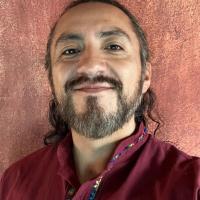
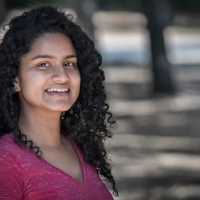
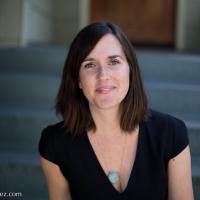
Shanley Hope graduated with an MBA in Marketing from the University of Minnesota and a BA in political science from Vassar College. She grew up in Buffalo, NY and lives with her husband, daughters and dogs in Oakland, CA. She sits on the boards of Native Renewables, the Kairos Fellowship and the Digital Climate Coalition. Sarah’s work has been featured in a range of outlets including the NY Times, People Magazine, TIME Magazine, and the Daily Show. She has spoken about the vision, strategies and stories of change at the intersection of climate solutions and racial justice as part of TEDxMidAtlantic, Climate One, the Social Venture Network, Climate Week NYC, Collective Impact Forum, and Bioneers.

We welcome feedback on how to make the Lab more useful to climate engagement efforts, so please do not hesitate to get in touch with ideas on how the Lab can better serve this community by sending us a note at info@climateadvocacylab.org.
Contact Us
